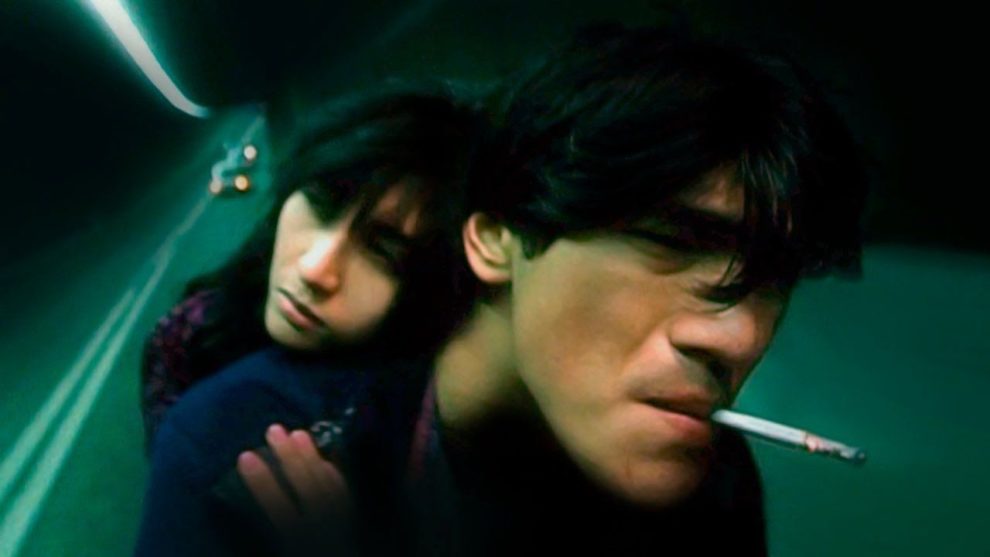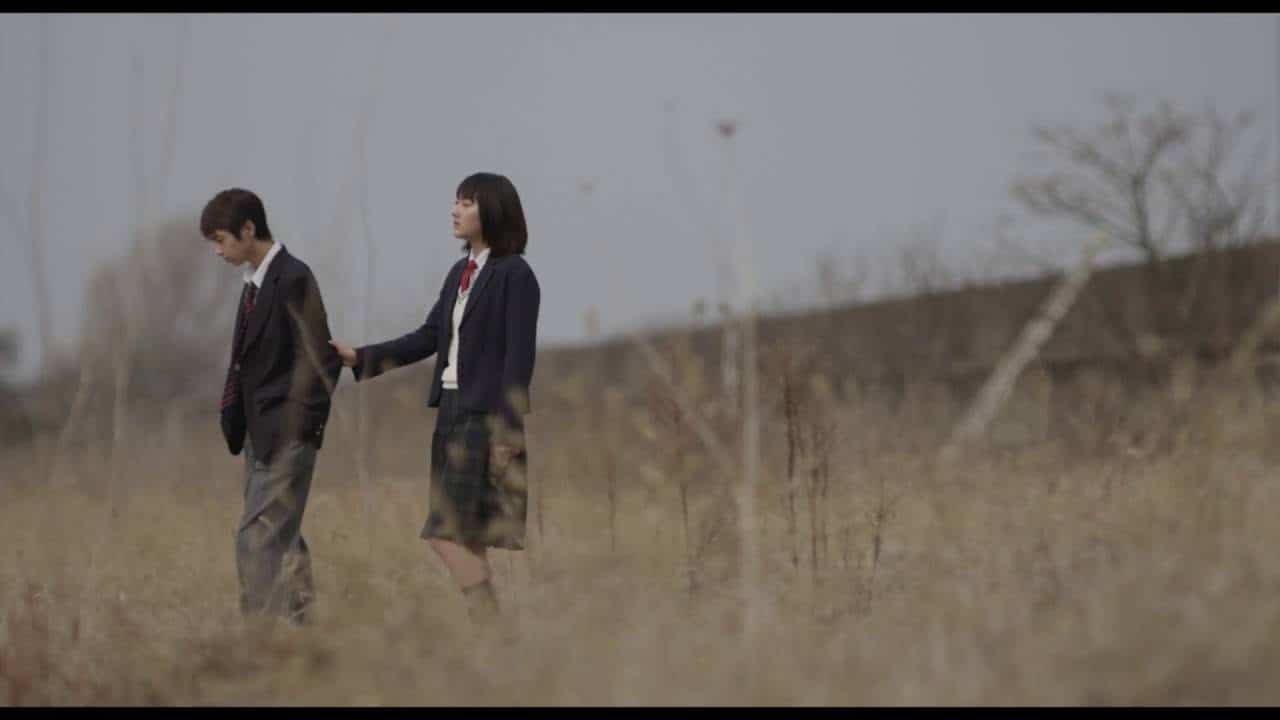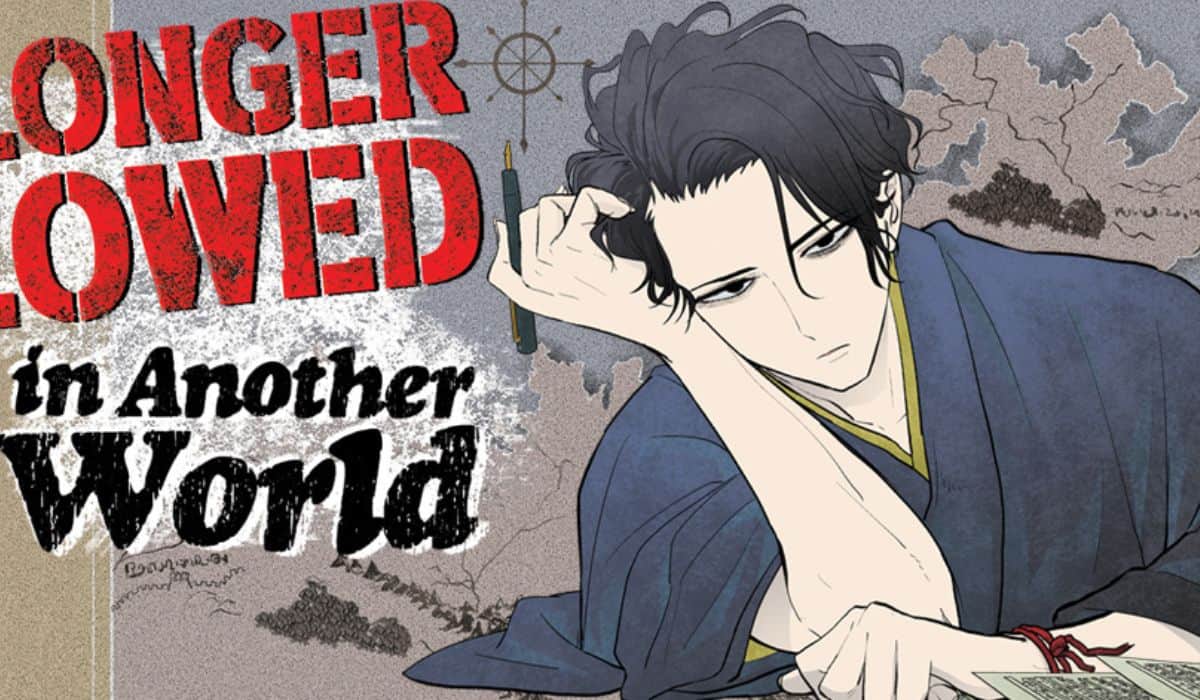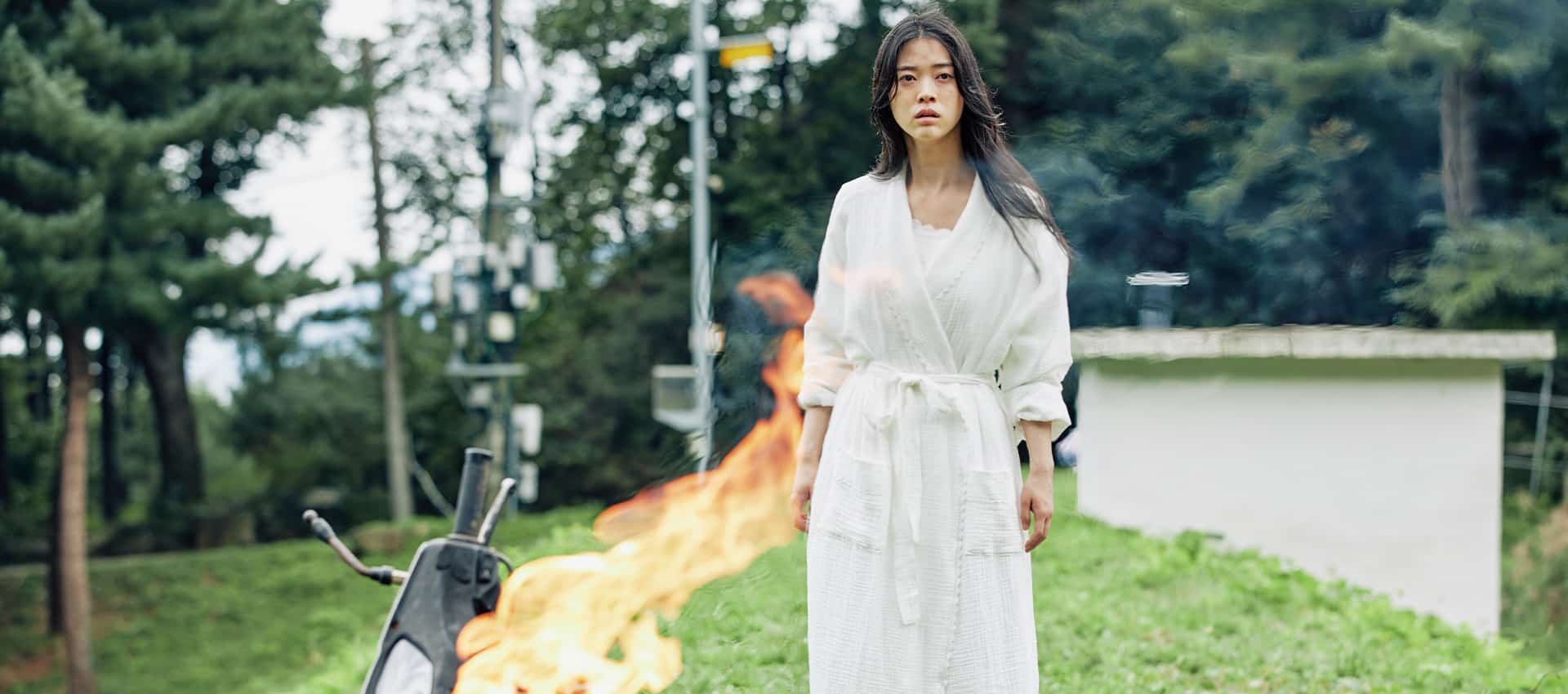For those who have watched Wong Kar-wai's 1994 feature “Chungking Express” his following feature “Fallen Angels” is at times considered something like an addition to the prior story, especially since the director himself has stated he wanted to include it as the third segment in “Chungking Express”. However, Wong Kar-wai decided to go in a different direction, resulting in the decision to make this a stand-alone feature, which, nevertheless, is in many ways, story-wise and aesthetically, connected to “Chungking Express”. In the end, “Fallen Angels” explores some of the same themes as the director's 1994 feature, for example the image of the city as a maze of obsessions, while also dealing with the darker side of extreme emotions, leading to isolation and rejection, thus adding another layer to his view on the dichotomy of man and metropolis.
“Fallen Angels” is streaming on MUBI Malaysia
The story revolves around three main characters. The first one we meet is Wong Chi-ming (Leon Lai), a hitman who works for different clients and does not care much for the consequences of his bloody deeds. Having no friends and no family, he lives a solitary life in his crammed apartment close to the underground railway, and while he is out fulfilling a contract or having a meal, mostly at one of the local fast-food chain restaurants, his “Partner” (Michelle Reis) cleans his apartment, buys some groceries (mostly beer) and cleans his fax machine. Sine her client keeps to himself, she has been going through his trash, trying to get to know what kind of person he is and thus has become somewhat obsessed with him. However, as she finds out Wong is in a relationship with a hooker named Blondie (Karen Mok), the Partner becomes jealous.
Aside from this story, we also follow the life of Ho Chi-mo (Takeshi Kaneshiro), whose family originally comes from Taiwan and has had frequent trouble with the authorities because of his unorthodox ways of making a living, opening stores and stalls that have closed down for the day and selling whatever goods they have left on their shelves. During his nightly escapades, he runs into a girl named Charlie (Charlie Yeung), who has been trying to get back with her ex-boyfriend Johnny. As he helps her find the mysterious Blondie, who apparently is Johnny's new flame, he falls in love with Charlie, who is thankful for his company but nothing more.
One of the recurring themes in Wong Kar-wai's filmography is the concept of the journey. Supported by the cinematography by Christopher Doyle along with the editing by William Chang and Ming Lam Wong, we get to meet characters and encounter places which have become disconnected from a specific cultural, social or political context because their meaning is defined through the eyes of the camera, the narrative and through various images, even flashbacks. Thus, the characters have become free agents, void of any definitive roots or, like Ho and his father, disconnected from them. Their journey through the streets, similar to the characters in movies made by the directors of the French New Wave, creates this new meaning, these new associations and connections, making each encounter and also viewing quite unique. Even the most mundane of places, such as a fast-food restaurant with its row of empty chairs changes into the possibility of romance or at least an unforgettable encounter.
Another feature which makes each viewing of “Fallen Angels” as well as “Chungking Express” unique is the inventive use of space, how it is defined through the characters. Especially in the modern metropolis, the divide between the private and the public space has become suspended, making the city in Wong Kar-wai's features not just a place to explore but also to occupy. For the characters, there is no such thing as home and consequently no definite roots, as they have to define their own life and space by occupying those of others. Similar to Faye in “Chungking Express” Michelle Reis' character occupies the apartment of her client as a way to express her longing for closeness and romance, while maintaining her distance. Probably the most inventive, as well as funny way to make another person's space his own is how Takeshi Kaneshiro's character makes himself a store owner for just a few hours, resulting in some of the most hilarious scenes when he forces himself and the products upon his costumers, also showing the kind of physical comedy and playfulness the actor brings to this character.
In conclusion, “Fallen Angels” is a wonderful feature, blending elements of romance, drama and comedy. Christopher Doyle's excellent cinematography combined with the editing, its marvelous cast and the way Wong Kar-wai deals with complicated themes in such a playful, inventive and entertaining manner make the movie a true joy to watch.

















